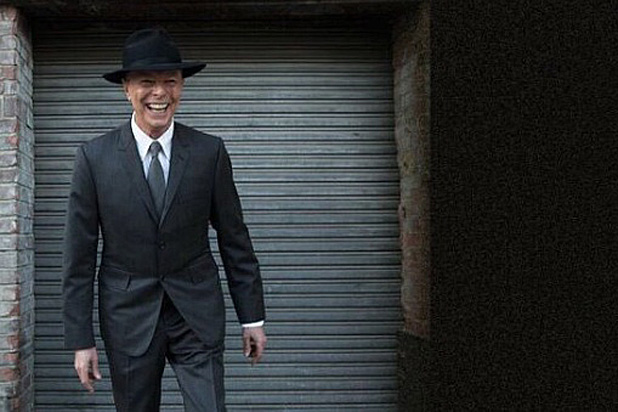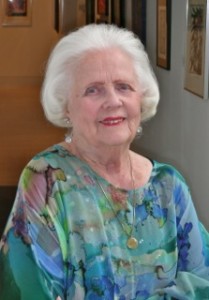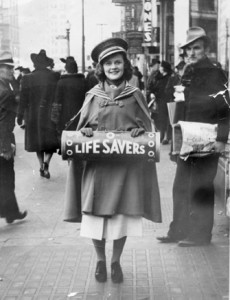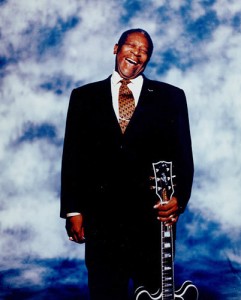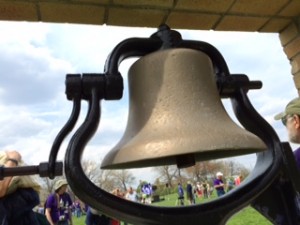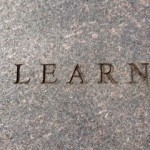“I heard the news today, oh boy…”
While the world is still reeling from the shocking news of rock and roll legend David Bowie’s passing on Sunday, January 10, his music, his spirit, and his legacy lives on. Examining his 40+ years as a musician, entertainer and trendsetter, his message becomes clear: Reinvent and transform yourself; go beyond what you may think is impossible; be proud of who you are. David Bowie lived it all.
After we dried our tears, my husband Mark and I played “The Best of Bowie” album and danced to Fame and Golden Years in our living room. When Heroes came on, we cranked up the stereo and took a seat to listen to the lyrics. Halfway through the song, the stereo went silent. The amp blew out! We got the message, David.
 David Bowie was a modern day Magellan, exploring the unknown – the Universe, social justice, human relationships. He gave a voice to those who society shunned. We never knew what was coming next. He surprised, delighted and shocked us. As a young British performer in the 1960s, he kicked around London clubs, then morphed into the wildly flamboyant Ziggy Stardust in the 1970s, then transformed into the Thin White Duke. Every step of the way, we craved more.
David Bowie was a modern day Magellan, exploring the unknown – the Universe, social justice, human relationships. He gave a voice to those who society shunned. We never knew what was coming next. He surprised, delighted and shocked us. As a young British performer in the 1960s, he kicked around London clubs, then morphed into the wildly flamboyant Ziggy Stardust in the 1970s, then transformed into the Thin White Duke. Every step of the way, we craved more.
Mark and I enjoyed every minute of Bowie’s January 7, 2004 concert in Cleveland, Ohio. Donning a crisp white shirt, with collar up of course, tight black pants and spiky golden hair, Bowie walked onto the stage and opened with Rebel, Rebel. The crowd went crazy. His electrifying performance – all 26 songs – was unimaginable for a man who at that time was in his late 50s. He brought the excitement and passion of a younger Bowie to the stage that night. He brought that high energy to every performance.
The internet is buzzing with comments, blog posts and tributes to Bowie. Here are two of my favorites:
Simon Critchley’s eloquent post in The Opinionated.
Conan O’Brien’s tribute.
No one lived his life more fully than David Bowie. The lyrics of Changes remind us to live every moment in grace and to challenge the norm and even complacency. “Time may change me, but I can’t change time.” Let that be a lesson to us all. How can you live your life with greater purpose and fulfillment? What transformation is waiting for you?

